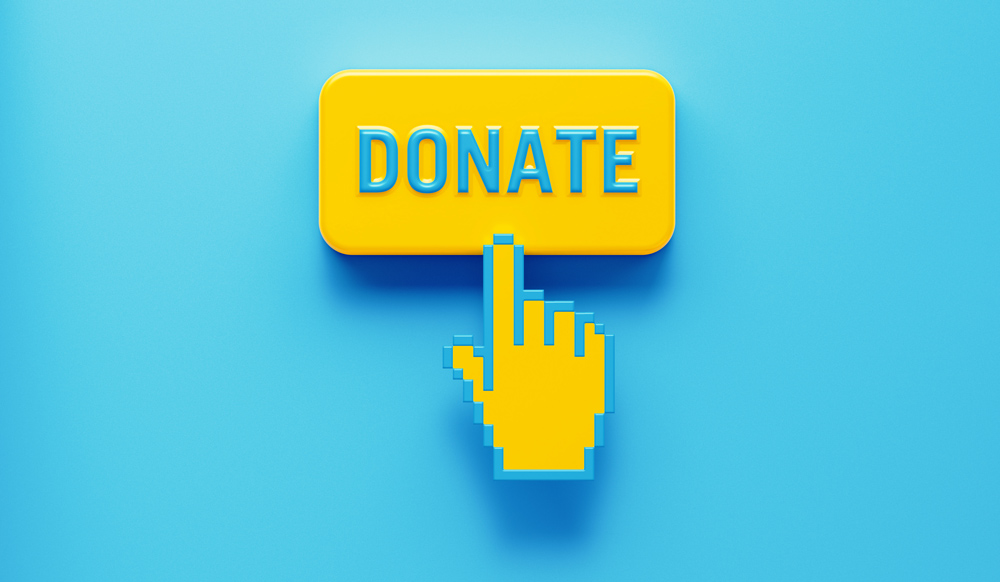Exploring the Effectiveness of Pay-What-You-Want Ticketing Model
Using the "Pay What You Want" (PWYW) pricing model for event tickets is an innovative approach that has gained popularity in various sectors, including entertainment, arts, and nonprofit events.
This model allows attendees to choose how much they pay for their tickets, offering a flexible and inclusive pricing strategy. In this blog, we'll delve into the benefits and potential cons of using PWYW tickets for planning an event, providing insights into how it can impact your event's success and inclusivity.
Benefits of PWYW Tickets
1. Increased Accessibility and Inclusivity
PWYW pricing makes events more accessible to a broader audience. By allowing attendees to pay what they can afford, you lower financial barriers, making it possible for more people to participate. This inclusivity can enhance the diversity of your audience and foster a welcoming environment.
2. Enhanced Attendee Engagement
When attendees feel that an event is made more accessible to them through flexible pricing, they are likely to feel more positively about the experience. This goodwill can translate into higher engagement levels, with attendees more likely to participate actively, share their experiences on social media, and support the event in other ways.
3. Potential for Increased Revenue
While it might seem counterintuitive, PWYW can sometimes lead to higher overall revenue. Attendees who value the event highly and can afford to do so may pay more than the standard ticket price. This model also allows you to capture revenue from those who might not have attended otherwise due to cost concerns.
4. Marketing and Public Relations Benefits
Employing a PWYW model can serve as a powerful marketing tool. It sets your event apart, showcasing your commitment to accessibility and community engagement. This approach can generate positive media coverage and word-of-mouth promotion, attracting a wider audience.
5. Valuable Data Collection
PWYW provides an opportunity to collect data on how much attendees are willing to pay for similar events. This information can be invaluable for future pricing strategies and understanding your audience's demographics and financial willingness.
Possible Cons of PWYW Tickets

1. Financial Uncertainty
One of the most significant drawbacks of the PWYW model is the financial unpredictability it introduces. Relying on voluntary payments can result in revenue that is less stable and predictable than traditional ticket sales, making budgeting and financial planning more challenging.
2. Perceived Value
There's a risk that attendees might perceive the event as less valuable if they can choose to pay nothing or a nominal amount. This perception can impact the event's prestige and the quality of the experience in the eyes of some attendees.
3. Potential for Exploitation
While many attendees will pay fairly for their tickets, there's a possibility that some might exploit the PWYW model, paying much less than the event's value. This could lead to financial strain, especially if the event has high fixed costs.
4. Complexity in Implementation
Implementing a PWYW model can be more complex than fixed pricing, particularly in terms of setting up payment systems that can handle variable amounts and analyzing the data collected from such a diverse range of payments.
5. Impact on Budgeting and Planning
Without a clear picture of ticket revenue, budgeting for the event can become difficult. Event planners might find it challenging to allocate funds appropriately for venue, speakers, and other logistical aspects without guaranteed income.
Strategies for Success
To mitigate the potential downsides while maximizing the benefits of PWYW pricing, consider the following strategies:
-
Set a Suggested Price: Providing a suggested price can guide attendees on what might be a reasonable amount to pay, helping to anchor their decisions.
-
Communicate the Reasoning: Clearly explain why you're using PWYW pricing and how it supports your event's goals, such as inclusivity or community engagement, to foster understanding and support.
-
Offer Incentives for Higher Payments: Consider providing additional value for higher payment tiers, such as special mentions, reserved seating, or exclusive access to parts of the event.
- Track and Analyze Data: Collect data on payments to understand attendee behavior and preferences, which can inform future events and pricing strategies.
|
Build Ticketing You Want With Purplepass, you can custom-create |
Conclusion
The "Pay What You Want" model for event tickets offers a novel approach to pricing that can make events more accessible and engage a broader audience. While it comes with its set of challenges, such as financial unpredictability and potential impacts on perceived value, careful planning and strategic implementation can mitigate these risks.
By embracing PWYW, event planners can demonstrate a commitment to inclusivity and innovation, potentially leading to a more engaged audience and unexpected benefits, including financial gains. As with any event planning decision, the key is to weigh the benefits against the potential drawbacks, considering your specific event goals and audience.






